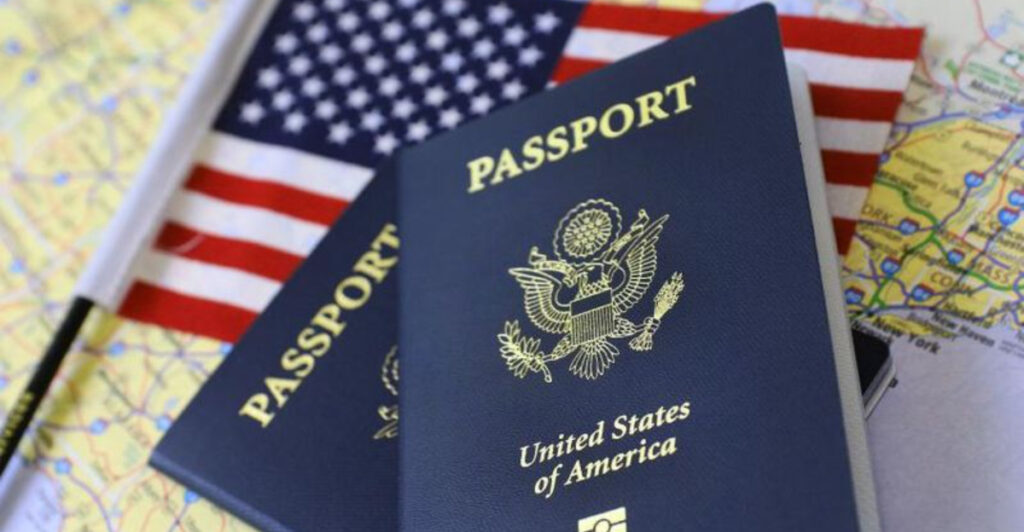In the 2025 Henley Passport Index, the United States passport has experienced its most significant decline in history, falling to 10th place. This shift marks the lowest ranking since the index’s inception nearly two decades ago. Previously a top-five contender, the U.S. now finds itself tied with Iceland and Lithuania, offering visa-free or visa-on-arrival access to 182 destinations. This is a decrease from 183 last year and 11 fewer than the top-ranked Singapore. The decline spotlights the broader implications for American travelers, impacting everything from diplomatic relations to individual travel plans.
Limited Expansion of Visa-Free Agreements
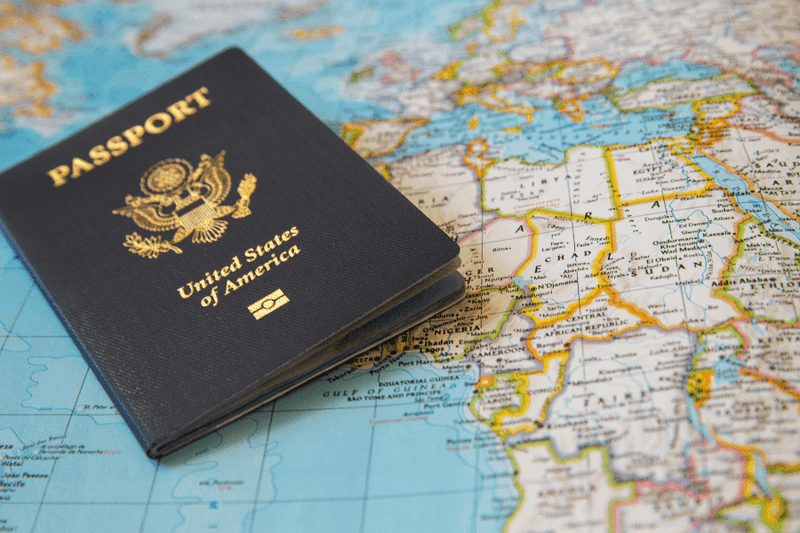
The United States has seen a minimal increase in visa-free agreements over the past decade. In stark contrast, countries like Singapore have added 25 new destinations. This limited diplomatic expansion is a key reason for the U.S. passport’s decline in global rankings.
The reluctance to negotiate new agreements reflects broader geopolitical strategies. While some nations actively pursue increased mobility, the U.S. has taken a more conservative approach.
This strategy impacts travelers, as fewer countries are accessible without visas, adding complexity and cost to international trips.
Ultimately, the reduced access suggests a need for a more robust negotiation strategy to elevate the U.S. passport’s standing.
Reciprocity and Visa Policies
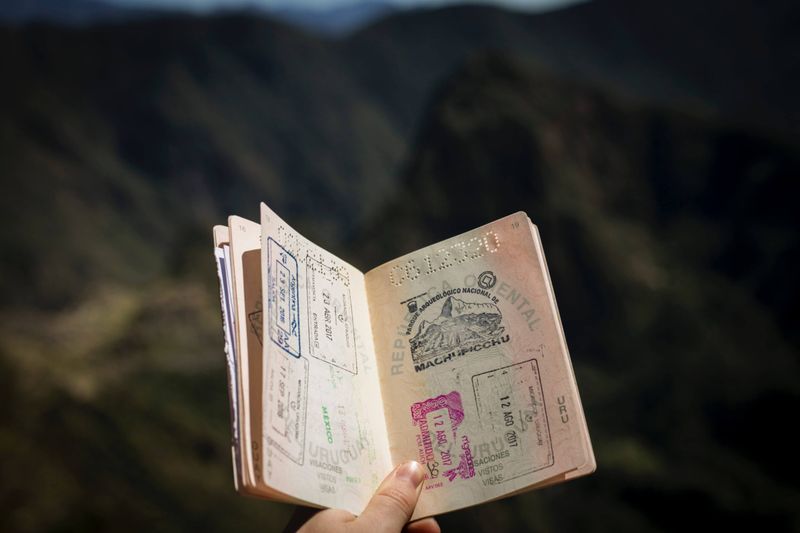
U.S. visa policies have remained stringent, impacting reciprocal agreements with other countries. As the U.S. enforces strict entry requirements, other nations respond in kind, leading to decreased travel freedoms for American passport holders.
This tit-for-tat approach creates a ripple effect in international relations. The emphasis on security over openness has contributed to the U.S.’s drop in passport rankings.
American travelers face more hurdles, needing visas for destinations previously open. This adds costs and complications to travel planning.
Exploring more open policies could enhance the U.S. passport’s strength and improve international perceptions of American openness and diplomacy.
Top 10 Passport Rankings 2025
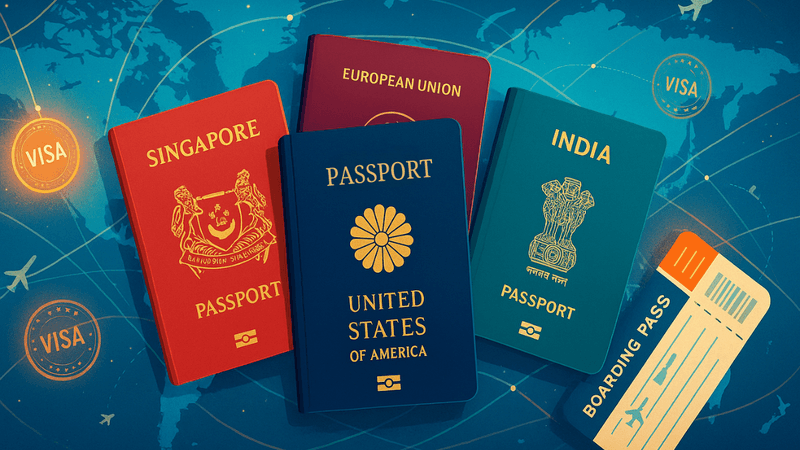
1 Singapore
2 Japan, South Korea
3 Denmark, Finland, France, Germany, Ireland, Italy, Spain
4 Austria, Belgium, Luxembourg, Netherlands, Norway, Portugal, Sweden
5 Greece, New Zealand, Switzerland
6 United Kingdom
7 Australia, Czechia, Hungary, Malta, Poland
8 Canada, Estonia, United Arab Emirates
9 Croatia, Latvia, Slovakia, Slovenia
10 United States, Iceland, Lithuania
As international relations evolve, so too must strategies to maintain or enhance passport strength. A more proactive diplomatic stance may be necessary to regain lost ground.
Understanding these dynamics is crucial for travelers, who face increased requirements due to such shifts.
Increased Visa Requirements for American Travelers
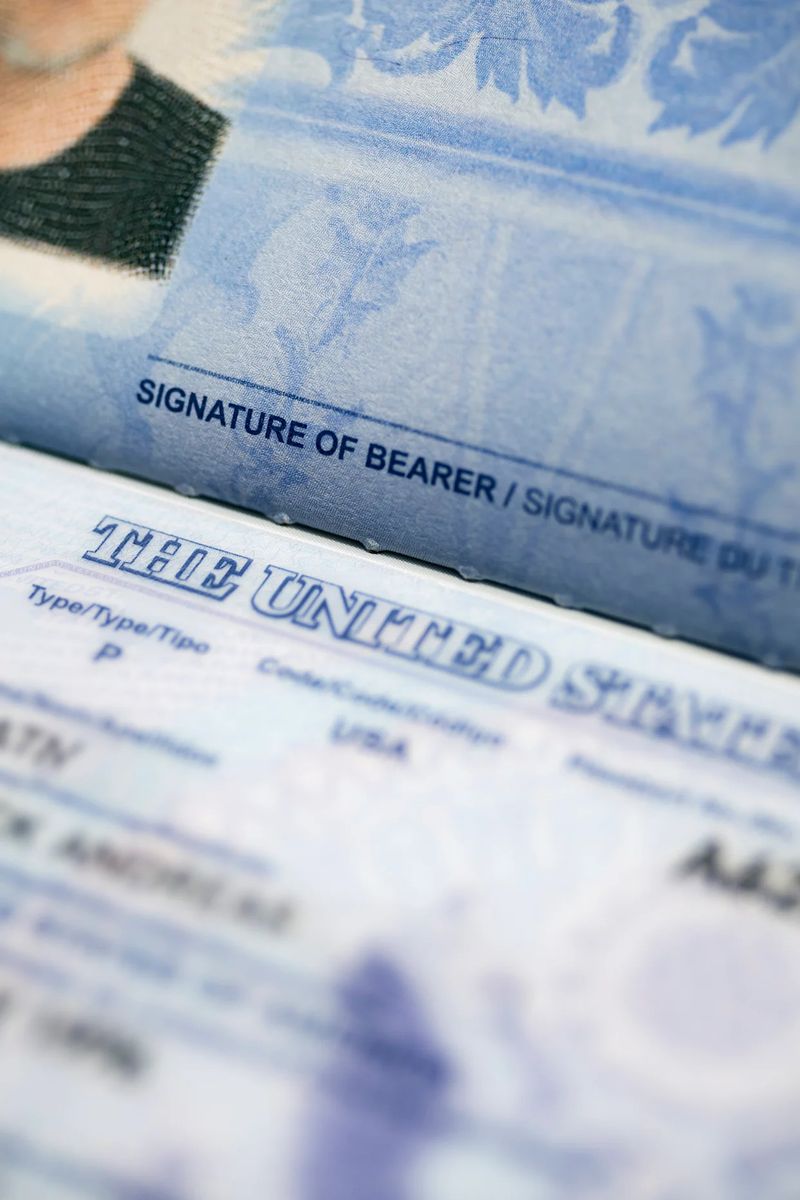
With the decline in passport ranking, U.S. travelers are now required to obtain visas for countries that previously allowed automatic entry. This shift has significant implications for travel planning.
Visa applications demand time, money, and effort, complicating spontaneous travel. Business travelers, in particular, face additional hurdles, impacting international operations.
The need for advance planning is more pressing than ever. Travelers must navigate a maze of requirements that vary from country to country.
Despite these challenges, staying informed about changing policies can mitigate frustrations and ensure smoother travel experiences.
Perception of Openness and Global Relations
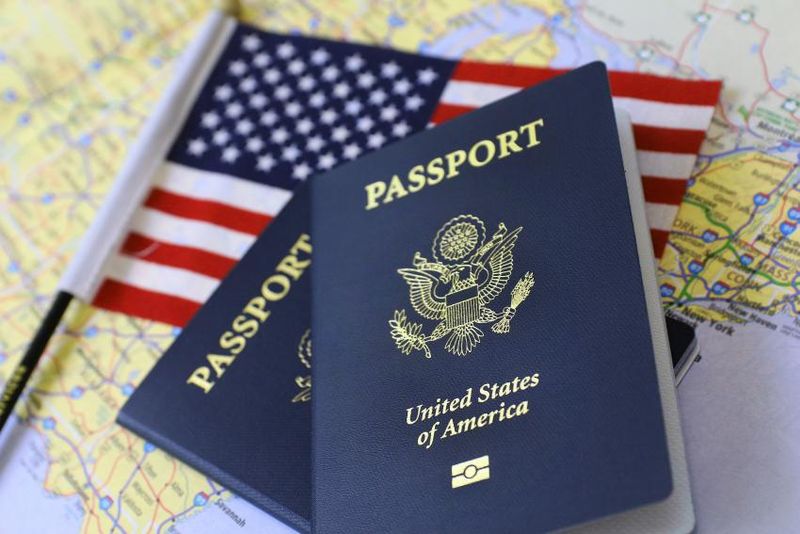
A passport’s strength often reflects a country’s global standing and openness. For the U.S., the recent drop in ranking is not just about travel restrictions; it speaks to broader perceptions of American diplomacy.
As passport strength wanes, so might perceptions of the U.S.’s willingness to engage internationally. This can influence diplomatic relations and impact collaboration on global issues.
Improving the U.S. passport’s ranking could enhance its image as an open and cooperative nation. Adopting more inclusive visa policies can strengthen international relations and restore global mobility.
This highlights the intricate link between travel freedom and diplomatic influence.

